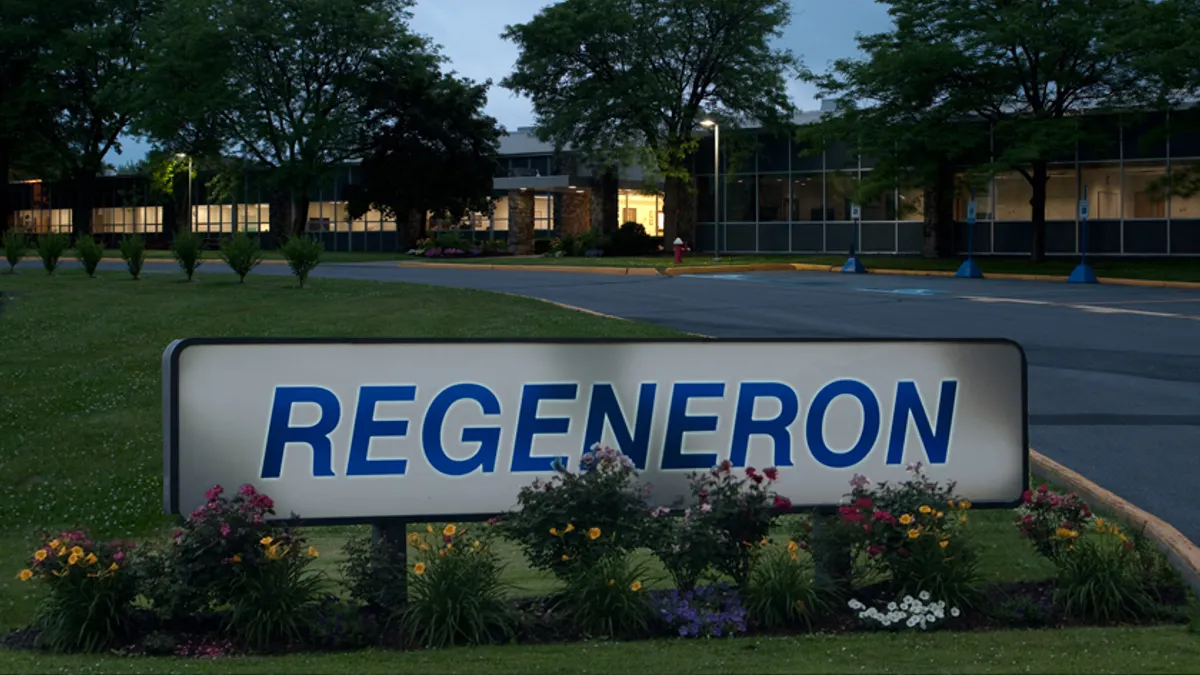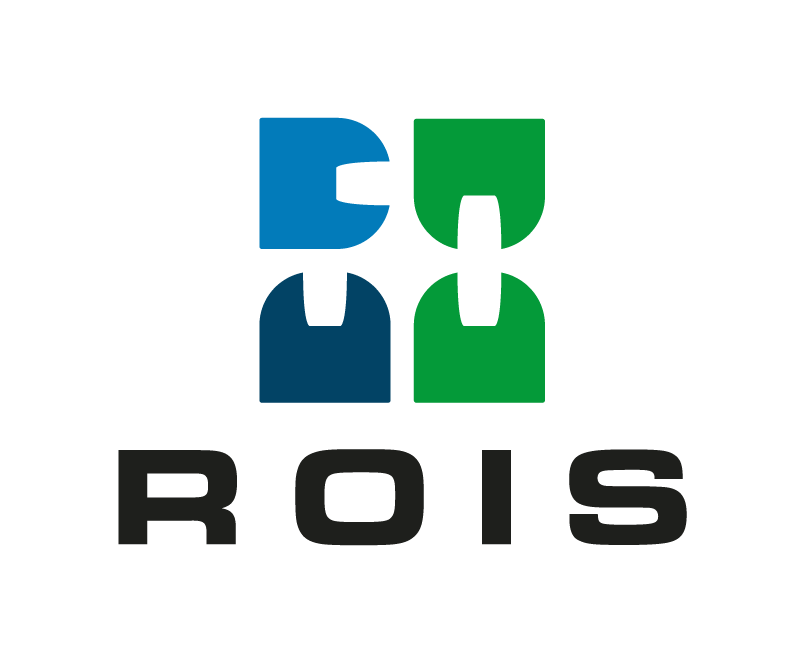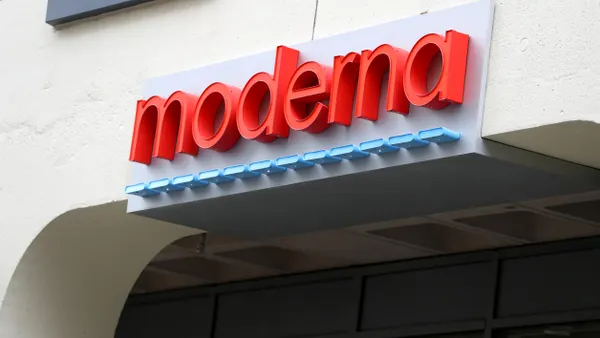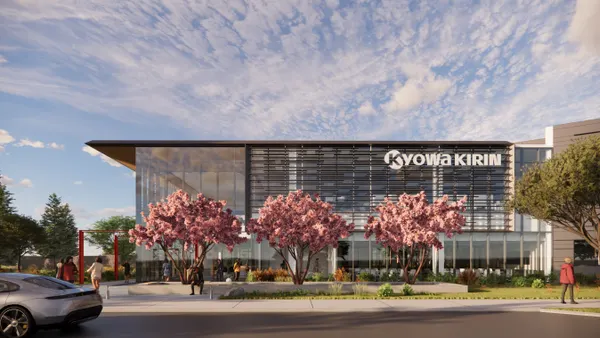Dive Brief:
- Regeneron Pharmaceuticals can begin selling Libtayo for a wider group of patients, now that the Food and Drug Administration has cleared the therapy for use in the so-called adjuvant setting in a skin cancer known as cutaneous squamous cell carcinoma.
- Libtayo can now be used for patients with the condition who have a high risk of recurrence after treatment with surgery and radiation, Regeneron said Wednesday. A clinical trial showed the drug could reduce the risk of disease recurrence or death by 68% compared with a placebo. The FDA first cleared it in 2018 for use in patients with more advanced disease.
- The new label could eventually add $1 billion to Libtayo sales, RBC Capital Markets analyst Brian Abrahams wrote in a note to clients. Regeneron is also seeking approval for the expanded use of the drug in the European Union and expects a decision in the first half of 2026.
Dive Insight:
While the approval was largely expected, Regeneron can use the good regulatory news. Its shares have lost more than 40% of their value over the last year as the company’s top-selling product, the eye disease drug Eylea, faced competition from Roche’s Vabysmo.
The launch of a high-dose formulation of Eylea hasn’t helped as much as Regeneron hoped in the battle with Roche. The company has also suffered from manufacturing setbacks. Its research, meanwhile, includes work on two blood-thinning medicines and a push into the crowded obesity market.
Libtayo, initially approved seven years ago, sprung from a partnership with Sanofi. Sales of the drug built slowly, as it was a late arrival to a class of cancer immunotherapies led by Merck & Co.’s Keytruda — currently the best selling drug in the world. But in 2022, Regeneron inked a deal with Sanofi that included an upfront payment of $900 million to gain global rights to the drug.
Since then, Regeneron has been expanding the market for Libtayo, which is now approved to treat certain patients with basal cell carcinoma and non-small cell lung cancer in addition to cutaneous squamous cell carcinoma. Its sales jumped more than 40% to $1.2 billion last year.
In the statement announcing the approval, Regeneron noted its application for the expanded use of Libtayo did not include a Catalent filling site in Indiana that has been under FDA scrutiny and impacted two of Regeneron’s submissions for other drugs. Investors had been hoping the latest approval would shed light on manufacturing issues affecting other applications, RBC’s Abrahams wrote.
The analyst characterized the approval as “an incremental win, but perhaps not with as broad-reaching implications” as some had hoped.












